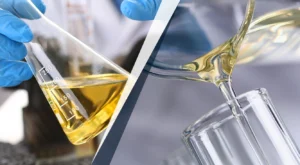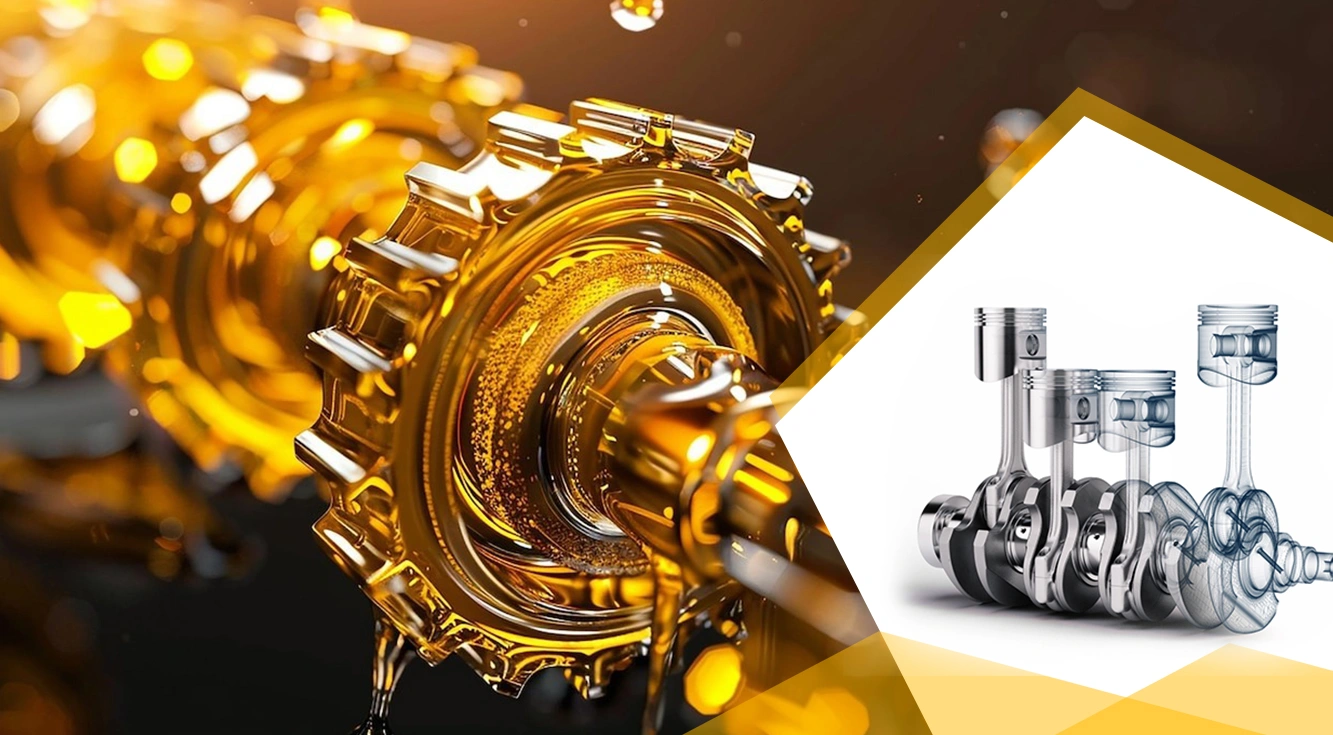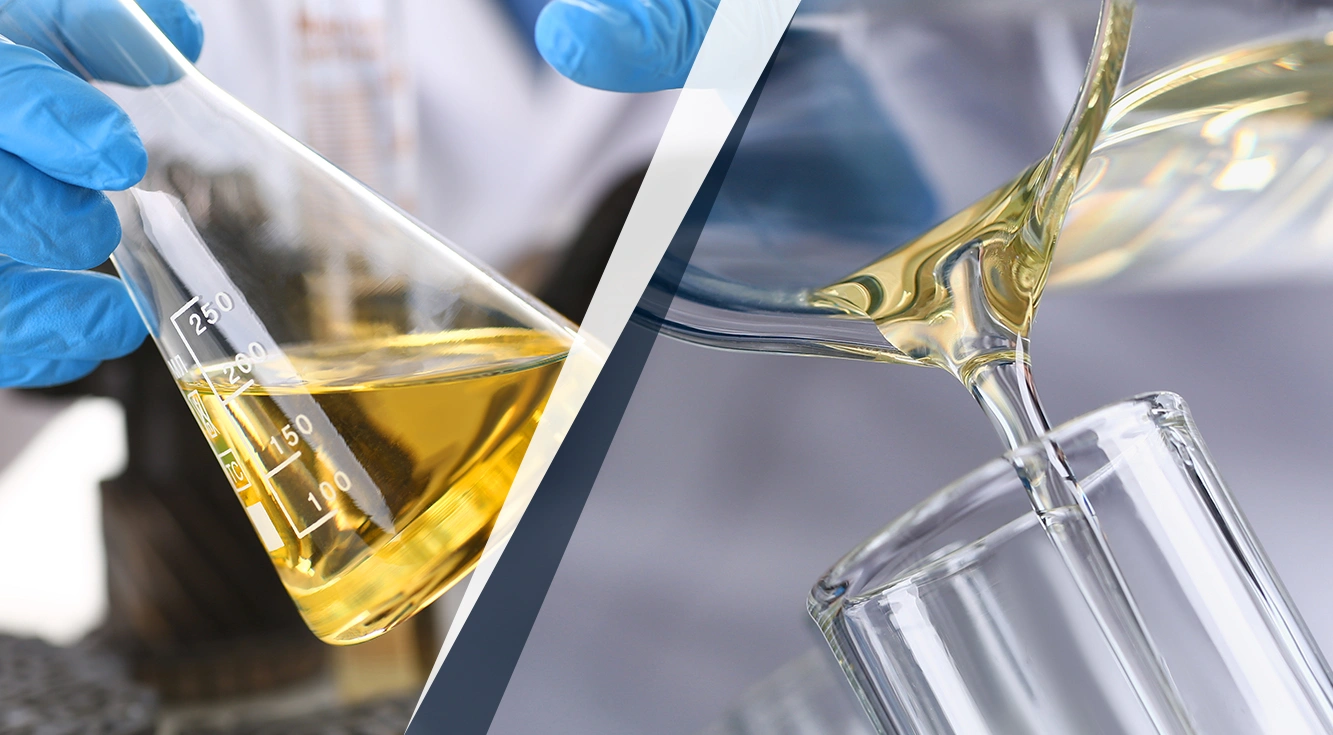In an era increasingly defined by environmental consciousness and the pressing need for sustainable practices, the industrial landscape is undergoing a profound transformation. At the heart of this shift lies the critical role of lubrication – a seemingly small but indispensable component of virtually every mechanical system. For lubricant manufacturers, the call for sustainability is not just a trend, but a fundamental paradigm shift that promises to reshape the industry from the ground up. The spotlight, without a doubt, is on eco-friendly lubricant additives. Are they merely a fleeting consideration, or are they, indeed, the undeniable future? This comprehensive exploration delves deep into the burgeoning world of sustainable lubrication, highlighting its immense potential and the imperative for lubricant manufacturers to embrace this revolutionary path.
The Unstoppable March Towards Sustainability
The global movement towards sustainability is no longer a niche concern; it’s a mainstream imperative driven by regulatory pressures, consumer demand, and a growing understanding of our planet’s finite resources. Industries worldwide are being challenged to reduce their environmental footprint, and the lubrication sector is no exception. Traditional lubricants, often derived from non-renewable petroleum bases and containing additives that can be harmful to the environment, are facing increasing scrutiny. This scrutiny presents both a challenge and a monumental opportunity for lubricant manufacturers to innovate and lead the charge towards a greener future.
The demand for environmentally acceptable lubricants (EALs) is skyrocketing across various sectors, from marine and agriculture to automotive and industrial machinery. This escalating demand is a clear signal that the market is ready and eager for sustainable alternatives. For astute lubricant manufacturers, this translates into a unique chance to capture new market share, enhance brand reputation, and future-proof their operations in a rapidly evolving global economy.
Understanding Eco-Friendly Lubricant Additives: A Deeper Dive
What exactly constitutes an “eco-friendly“ lubricant additive? The definition is multi-faceted, encompassing several key characteristics designed to minimize environmental impact throughout the lubricant’s lifecycle. Primarily, these additives aim to:
- Reduce Toxicity: Minimizing or eliminating hazardous substances that can harm ecosystems and human health. This includes avoiding heavy metals, chlorine, and other persistent organic pollutants.
- Enhance Biodegradability: Ensuring that the lubricant, if released into the environment, can naturally break down into harmless components within a reasonable timeframe. This is particularly crucial for applications where leakage or accidental spills are a risk.
- Utilize Renewable Resources: Shifting away from petroleum-based feedstocks towards bio-based alternatives derived from plants, animals, or microorganisms. This reduces reliance on finite resources and supports a circular economy.
- Improve Energy Efficiency: Formulating additives that reduce friction and wear more effectively, leading to lower energy consumption and extended equipment lifespan. This indirect environmental benefit is substantial, as it contributes to reduced carbon emissions.
- Minimize Waste Generation: Designing additives that promote longer lubricant life and reduce the need for frequent oil changes, thereby decreasing waste oil generation and disposal challenges.
For lubricant manufacturers, the journey to incorporating these additives involves a sophisticated understanding of chemistry, engineering, and environmental science. It’s about much more than just “going green”; it’s about developing high-performance products that meet stringent operational requirements while simultaneously upholding environmental stewardship.
The Diverse Palette of Eco-Friendly Additives for Lubricant Manufacturers
The innovation in eco-friendly lubricant additives is vibrant and diverse, offering lubricant manufacturers a wide array of options to tailor solutions for specific applications. Some of the most promising categories include:
Derived from natural oils and fats (e.g., rapeseed oil, sunflower oil, coconut oil), bio-based esters are gaining significant traction. They offer excellent biodegradability and are inherently less toxic than many traditional synthetic esters. For lubricant manufacturers, their natural lubricity and high viscosity index make them ideal candidates for hydraulic fluids, gear oils, and even engine oils, particularly in sensitive environmental areas.
These fascinating molten salts with low melting points offer exceptional tribological properties, including excellent friction reduction and wear protection. Their unique molecular structure allows for tunability, making them a promising area for custom-designed eco-friendly additives. While still a relatively new frontier, ionic liquids are poised to revolutionize the additive landscape for forward-thinking lubricant manufacturers.
The realm of nanotechnology is unlocking incredible potential for eco-friendly lubrication. Nanoparticles of materials like graphene, molybdenum disulfide (MoS2), and boron nitride (hBN) can significantly reduce friction and wear at very low concentrations. Their tiny size allows them to form protective layers on surfaces, leading to enhanced performance and potentially longer lubricant life. The challenge for lubricant manufacturers lies in ensuring the environmental safety and stability of these nanomaterials.
Polymers derived from renewable resources, such as cellulose, starch, and chitosan, are being explored as viscosity modifiers, dispersants, and even friction modifiers. These naturally occurring compounds offer excellent biodegradability and low toxicity, presenting a sustainable alternative to synthetic polymers. The development of robust and stable biopolymers is a key focus for lubricant manufacturers aiming for truly green formulations.
The Economic and Performance Benefits for Lubricant Manufacturers
Beyond the undeniable environmental benefits, the adoption of eco-friendly lubricant additives brings a host of economic and performance advantages for lubricant manufacturers:
- Market Differentiation and Competitive Advantage: Being at the forefront of sustainable lubrication positions lubricant manufacturers as responsible and innovative leaders, attracting environmentally conscious customers and opening up new market segments.
- Regulatory Compliance and Risk Mitigation: Proactive adoption of eco-friendly formulations helps lubricant manufacturers stay ahead of increasingly stringent environmental regulations, reducing the risk of fines, legal challenges, and reputational damage.
- Enhanced Brand Reputation and Customer Loyalty: Demonstrating a commitment to sustainability resonates strongly with modern consumers and businesses, fostering trust and loyalty.
- Improved Product Performance: In many cases, eco-friendly additives are not just "green" but also deliver superior performance. Their unique properties can lead to reduced friction, extended component life, improved energy efficiency, and enhanced reliability. For lubricant manufacturers, this means a better product that benefits both the customer's bottom line and the environment.
- Cost Savings in the Long Run: While initial R&D and raw material costs might sometimes be higher, the extended lifespan of equipment, reduced energy consumption, and lower disposal costs associated with eco-friendly lubricants can lead to significant long-term savings for end-users, creating a strong value proposition for lubricant manufacturers.
- Innovation and Intellectual Property: Investing in eco-friendly lubricant additives fosters innovation and can lead to the development of proprietary technologies, providing lubricant manufacturers with valuable intellectual property and a sustained competitive edge.
Challenges and the Path Forward for Lubricant Manufacturers
While the future looks bright, the transition to widespread adoption of eco-friendly lubricant additives is not without its challenges for lubricant manufacturers:
- Performance Parity: Ensuring that eco-friendly alternatives can match or even exceed the performance of conventional additives, especially under extreme operating conditions.
- Cost-Effectiveness: Bringing down the production cost of certain bio-based or advanced additives to make them more competitive with traditional options.
- Supply Chain Development: Establishing robust and reliable supply chains for novel raw materials derived from renewable sources.
- Standardization and Testing: Developing universally accepted standards and rigorous testing protocols for eco-friendly lubricants to ensure consistent quality and performance.
- Customer Education: Educating end-users about the benefits and proper application of these new lubricants to overcome skepticism and drive adoption.
Despite these hurdles, the momentum is undeniably in favor of eco-friendly solutions. Lubricant manufacturers who proactively invest in research and development, forge strategic partnerships, and prioritize sustainability will be the ones that thrive in the coming decades. This includes collaborating with academic institutions, specialty chemical suppliers, and even end-users to accelerate the development and adoption of these groundbreaking technologies.
SCT Chemicals: Your Partner in Sustainable Lubrication
Our expertise spans across various additive chemistries, and we are continuously exploring cutting-edge solutions that align with the principles of green chemistry. We work closely with our partners to understand their specific needs and develop tailored additive packages that deliver optimal results. Whether you are looking to formulate biodegradable hydraulic fluids, high-performance bio-based gear oils, or environmentally responsible engine lubricants, SCT Chemicals is your trusted partner.
SCT Chemicals: Your Partner in Sustainable Lubrication
The question “Are eco-friendly lubricant additives the future?” can be answered with a resounding “Yes.” They are not merely an option but an essential component of a sustainable and prosperous future for lubricant manufacturers. The industry is at a pivotal juncture, where innovation, environmental responsibility, and economic viability converge.





